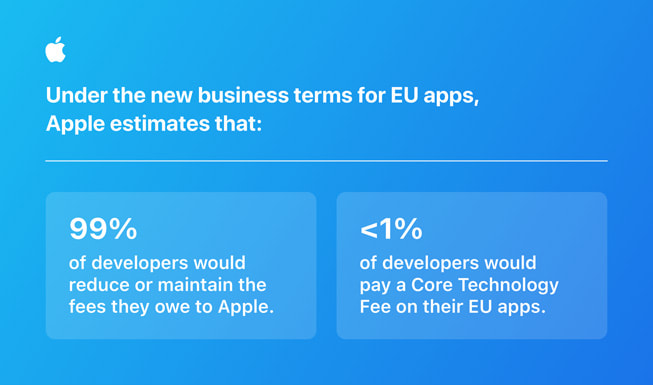Meta and Apple will likely be the first targets of Europe's new Antitrust Powers
Meta has recently faced challenges from European tech regulators regarding the rollout of Meta AI in Europe. The main privacy regulator in Ireland requested Meta to pause its AI rollout due to concerns about training the AI on the personal data of European Facebook and Instagram users without their consent. Meta expressed frustration at this setback, emphasizing the importance of including local information for a better user experience.

However, Meta's troubles may just be beginning as the European Commission prepares to utilize its new antitrust powers, focusing on Meta and Apple. According to Reuters and the Financial Times, Apple is expected to face charges first, followed by Meta. The issues leading to potential charges against Meta revolve around data protection and the necessity of user consent, particularly concerning tracking users for ad-targeting purposes.
Challenges for Meta
For Meta, complying with the EU's General Data Protection Regulation (GDPR) poses a significant challenge. The GDPR mandates a lawful basis for processing personal data, and Meta's attempts to justify using European users' data for AI model-training under "legitimate interests" were not accepted. As a result, obtaining user consent remains the only viable option for Meta. A similar dilemma arises in the context of ad-targeting, where Meta's reliance on valid consent for tracking users is being scrutinized.

Apple's Antitrust Concerns
Apple, on the other hand, is grappling with antitrust issues related to the Digital Markets Act (DMA) in Europe. The DMA's requirement for fair access to third-party iOS app stores has led to conflict over Apple's introduction of a "core technology fee" for app installations from third-party stores. This fee has been criticized for hindering competition and imposing financial burdens on developers.

As the EU prepares to levy charges against Meta and Apple, both companies have chosen not to comment on the reports. The looming threat of substantial fines underlines the gravity of the situation, with potential penalties amounting to 10% of global annual revenue.




















